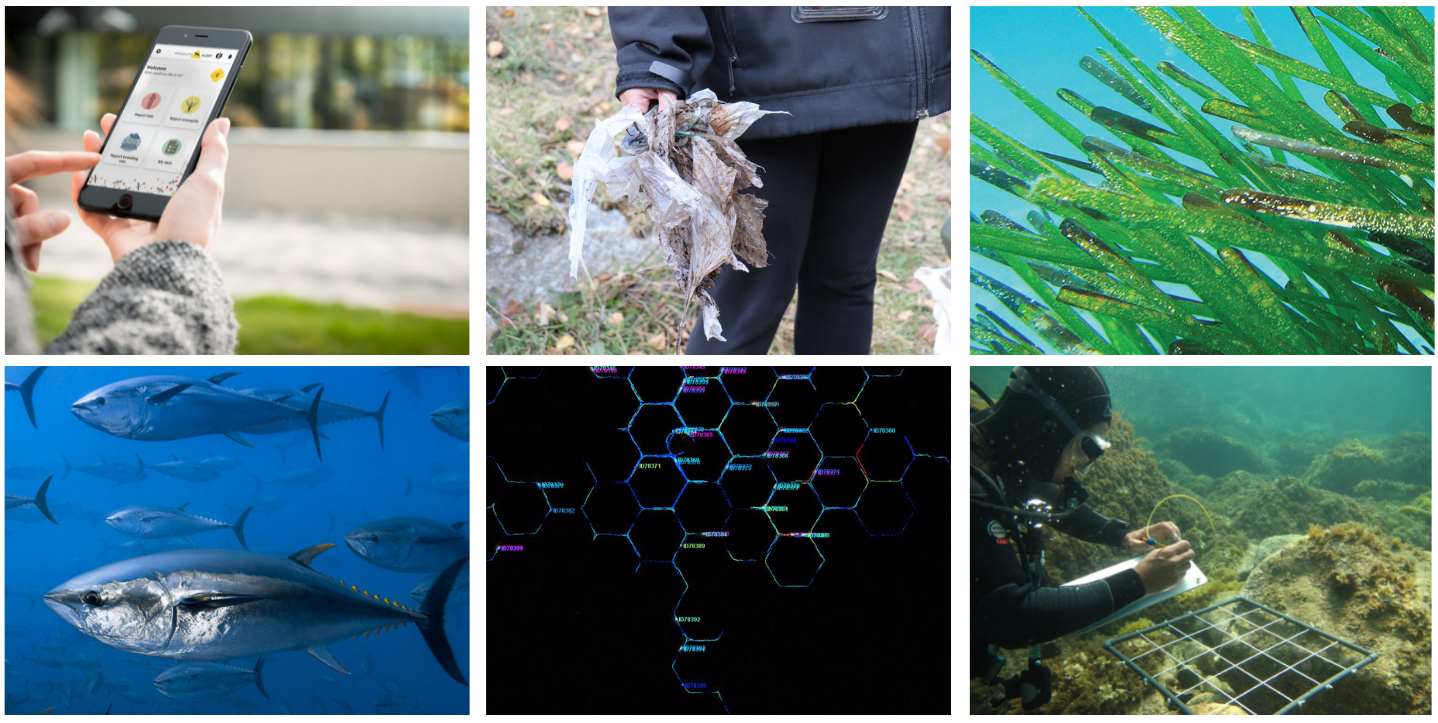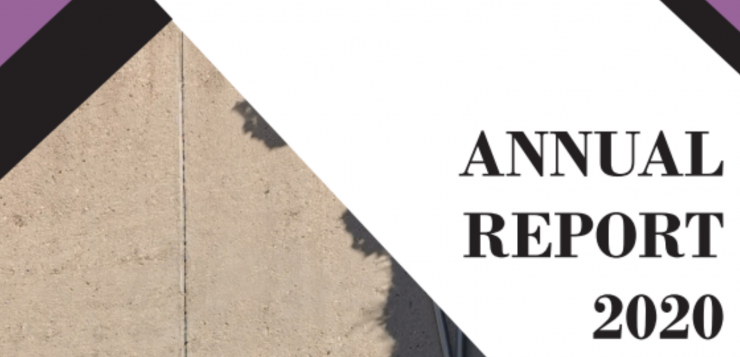The Center for Advanced Studies of Blanes (CEAB-CSIC) presents the annual report of the center which includes all the scientific, teaching and outreach activity that has been carried out during the year 2020 (download the report).
The word “Covid” has been the highlight of the year 2020, with at least 100 times more citations than any other word of the year in the 21st century. A year where science has been on everyone’s lips and where it has rescued us from economic and social collapse and where the general public has been able to see first hand how science works in real time.
Another prominent word in Blanes in early 2020 was Gloria, a strong storm that completely changed the appearance of the coast and the Tordera basin.
Despite all the difficulties that the pandemic has caused, we have ended the year with high scientific productivity, maintaining our wide internationalization and scientific collaboration with the rest of the world. At a more internal level, teleworking and telematic meetings have been the main protagonists. In any case, and taking advantage of the small presence of staff at the center, we took the opportunity to improve the centre’s facilities and improve the work environment. While it is true that teleworking has given flexibility in terms of scientific publications, confinement has affected field work and campaigns and, above all, participation in conferences.
The total contributions have been:
- 131 articles published in journals included in the SCI
- 9 articles published in journals not included in the SCI
- 10 books and 33 book chapters
- 8 doctoral theses
- 48 news on the CEAB website
- 336 impacts on the press
Of the activities carried out, we highlight on the one hand the participation of researchers in international conferences such as that of Dr. Rafael Sardá at the conference on the United Nations 2030 Agenda for Sustainable Development, specifically in relation to Sustainable Development Goal 14 focused on ocean health and protection. Also, Dra. Ana Gordoa participated in the International Commission for the Conservation of Atlantic Tunas and finally, the presence of Dra. Eugènia Martí at the Symposium on Urbanization and Flow Ecology: ‘Moving on the bar on multidisciplinary solutions to wicked urban stream problems‘.
In relation to the citizen science projects of which we are part, we highlight the launch of the application of the Mosquito Alert project in Europe and the participation of its co-director, Frederic Bartumeus, in the ”Versatile Emerging Infectious Diseases Observatory (VEO)‘ ‘, an observatory that brings together high quality information from which to develop early warning tools in relation to emerging infectious diseases. Finally, we highlight the creation of the first guide for the study of plastics (macro- to microplastics) in mountain river ecosystems by the Plastic0pyr, project, led by Dra. Helena Guasch.



